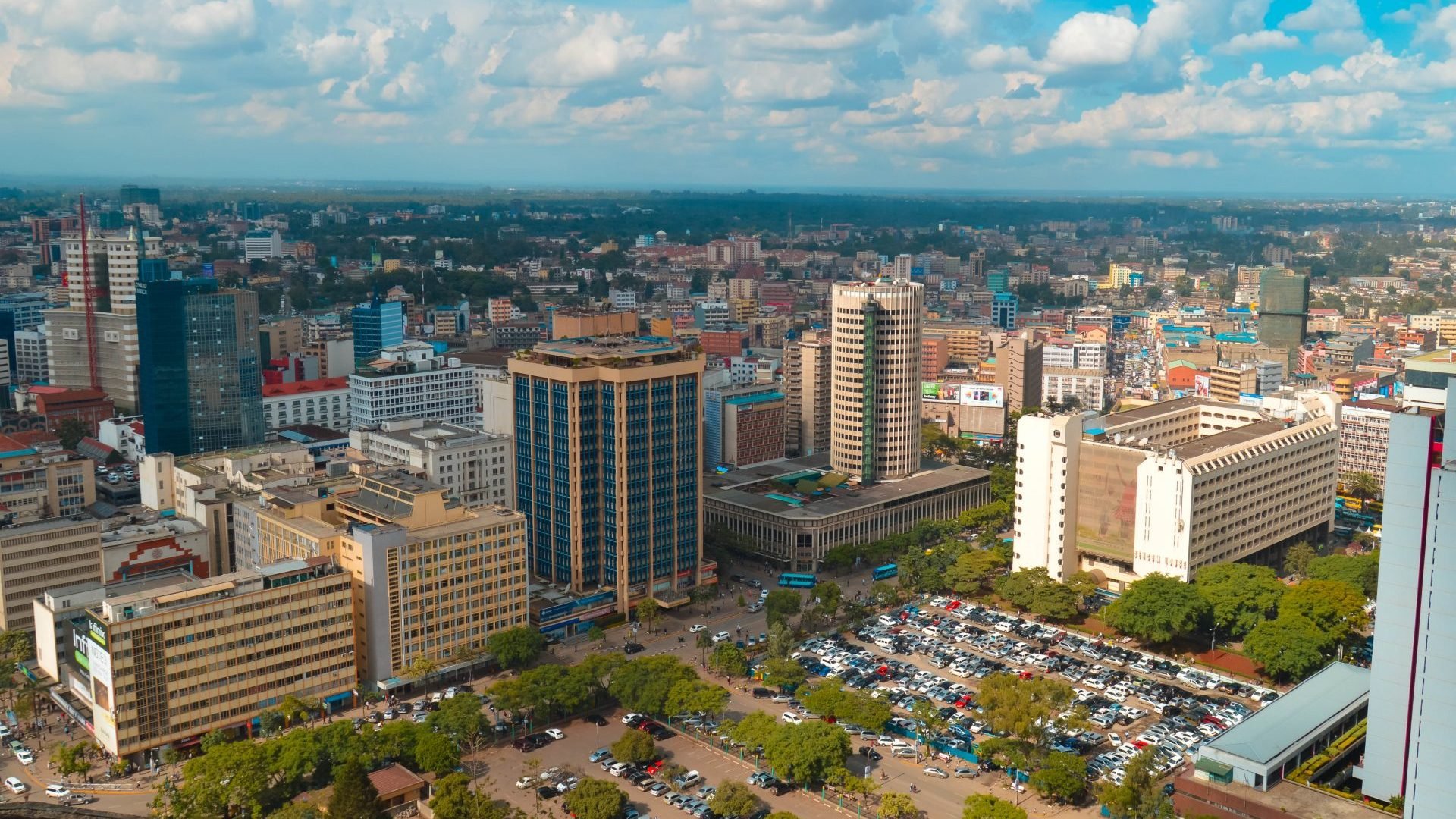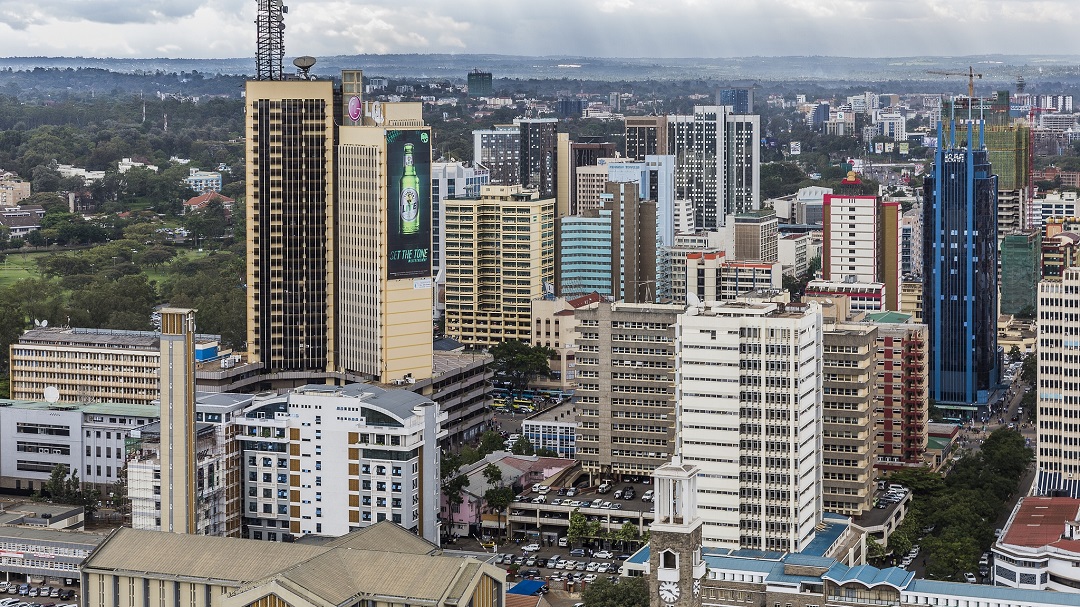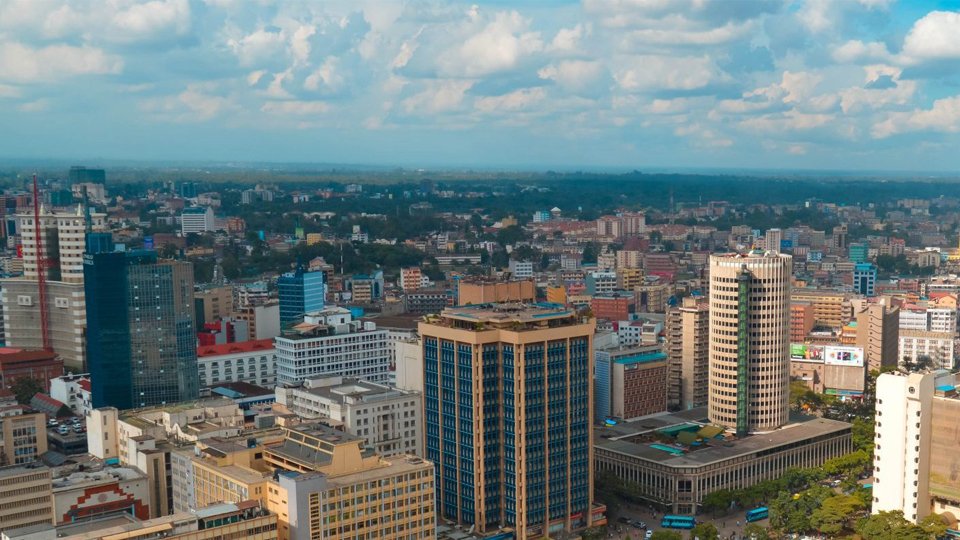Driven by the enactment of the Insolvency Act 2015, Kenya’s corporate insolvency and restructuring infrastructure has grown in leaps and bounds. The insolvency landscape in Kenya now includes a progressive approach to corporate financial distress with the introduction of administration as the primary business rescue process for companies undergoing financial hardship.









